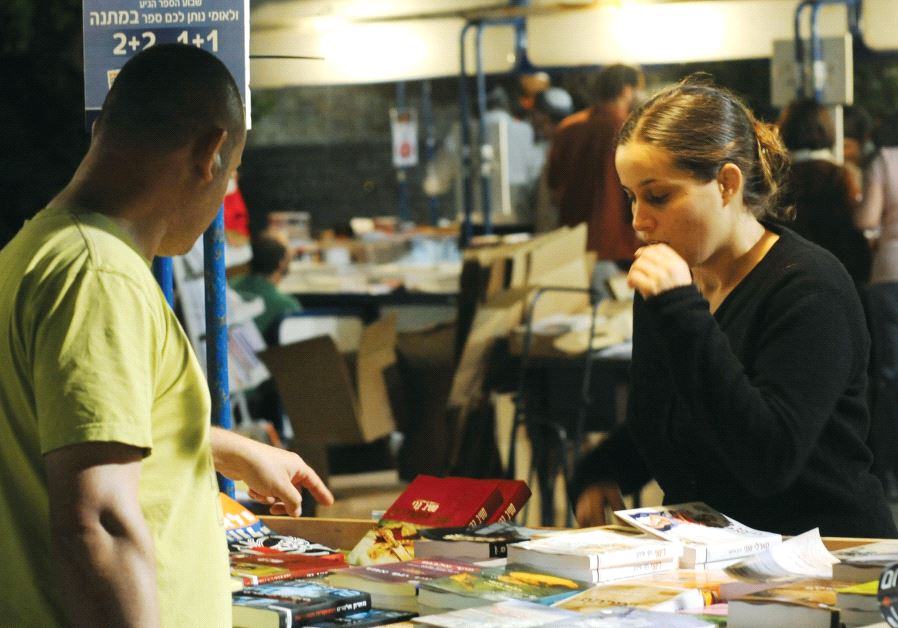Jerusalem's world of words
The Jerusalem International Book fair is in full swing, and it offers insight into the local and global trends in the literary world.
 People purchase books at the annual book fair in Jerusalem(photo credit: AMOS BEN-GERSHOM/GPO)Updated:
People purchase books at the annual book fair in Jerusalem(photo credit: AMOS BEN-GERSHOM/GPO)Updated: